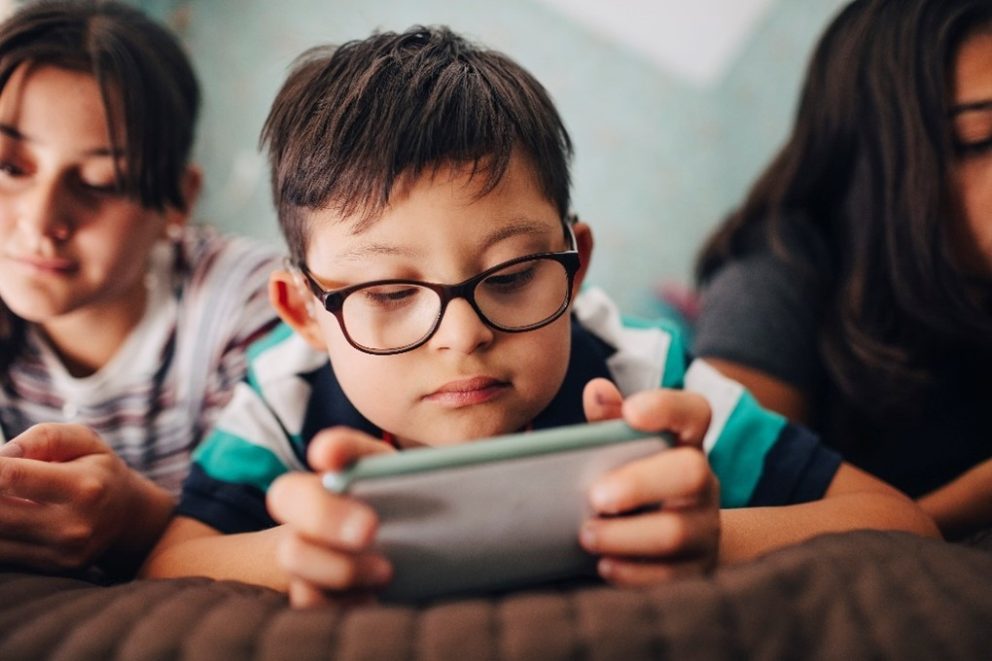How Can I Keep My Kids Safe Online?

Recent data highlights that 95% of Irish children aged 8-12 own their own smart device. This research, conducted by the charity CyberSafeKids, also notes how 87% of children have their own social media account.
Using devices and tapping into the wealth of resources which access to online platforms can provide can be hugely positive for kids. Helping with their schoolwork, staying connected to friends, entertainment and recreational tools are all the positives that technology brings.
However, as much as we want children to be able to avail of the opportunities for learning and enjoyment that technology can deliver, parents, educators and society also have a responsibility to help them stay safe online.
Studies by SafeWise show that more than 58% of parents say their child’s internet behaviours are a cause of concern for them.
Naturally, parents have concerns. Rather than be an anxious but passive parent, a quick crash course in some basic and easy to implement tools, can be effective in keeping our kids safer online.

Passwords
Having a secure password is key for protecting your child’s information and accounts. Implementing a two-factor authentication , whereby users must first input their username and password, and subsequently enter a passcode they receive via text or email is just one of the ways you can create a barrier to hackers and threats.
Many of the commonly used social media platforms including Instagram and Facebook, now allow the option to create a two-factor authentication.
Another way of reducing the risk of someone gaining access to your account is by creating both a memorable and complex password.
Some things to consider when creating passwords would be to make sure you choose something with both uppercase and lowercase letters, containing both symbols and numbers too if possible. Ideally, passwords should also be changed frequently, and should be different across social media accounts.
Managing access
Setting some ground rules on internet use and informing them of which sites are suitable to use can help children be more actively aware of their online behaviours.
An approach you could also take would be to limit access to certain websites by using blockers. This way, they can be prevented from clicking onto any sites which might not be age appropriate or safe.
In the UK, a Pew Research Centre survey noted that 39% of parents report using parental controls for blocking, filtering, or monitoring their teen’s online activities.
Another way of limiting access is having an agreement on how long your child can use their smart device for a day or how long they can spend on a certain social network. Apple for instance has a setting which means you can set limits on the amount of time you are allowed to spend on certain apps in a day.
Data from the Pew Research Centre also found that just over half of the parents surveyed restrict the amount of time or number of times their child goes online in a day.

Social Media
Most kids and teens have at least one social media platform installed onto their smart device. UK stats show that 48% of kids (aged 4-18) use TikTok, followed by 41% using Facebook, and 28% using Snapchat.
Before your kids start using any social media platform, it is important to give them basic watchouts such as:
- Not to accept friend requests from strangers.
- To disable precise location settings
- To not share personal information online
- To communicate to an adult any problems or issue they experience online
While the idea of your kids navigating social media and the internet might fill every parent just starting this stage of their children’s life might fill them with dread. Sticking your head in the sand is not an option. Instead, taking a more proactive and involved approach educating our kids (and parents too), forearming them to potential risks and using measures to prevent online threats is a sensible approach to keep both parents and their children happy.
